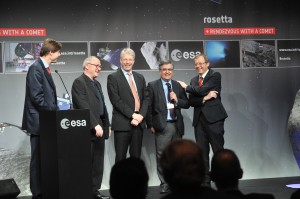
Markus Bauer, Science Programme Officer, Jean-Jacques Dordain, Director General of ESA, Thomas Reiter, ESA Director of Human Spaceflight and Operations, Alvaro Giménez, ESA Director of Science and Robotic Exploration, and Jan-Dietrich Wörner, Chairman of the board of DLR and Chair of ESA Council (image (c) ESA/J.Mai)
The range of scientists, operations personnel and agencies involved in a mission like Rosetta makes teamwork paramount.
The hard work and co-operation involved as a strong theme in the speeches on Rosetta Wake Up Day, none moreso than in the address by Jan-Dietrich Wörner, Chair DLR and Chair of ESA Council.
“If you look back to the 1950s, space was steered and controlled by national vanities and the Cold War.
“Today, we have a global cooperation – it’s not just ESA alone but also NASA is taking part and therefore I see the future – competition may make things happen faster, but cooperation is an enabler.”
Jan-Dietrich Wörner also emphasized the role of different disciplines in answering big questions, and in some unexpected results of space-based research. “The discovery of the unknown leads to results that we can use on Earth, ” he said, citing the example of a sensor on board Rosetta now being used to help detect forest fires on Earth. He also looked ahead to the deployment of the Philae lander in November.
“The lander is within the consortium, a German lander, ” he said, “It has been flying for 10 years without any maintenance – you can’t take it to the workshop during this time – and it’s in a harsh environment, but hopefully it will reach and land on the comet. We can already give you results on Earth from Rosetta, but even without this effect, curiosity should be within our heart, to discover what is so far unknown.”

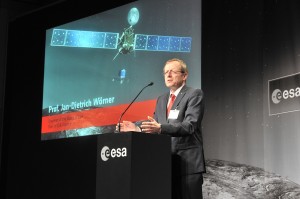
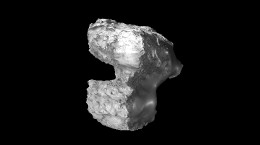
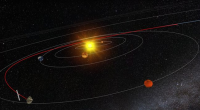
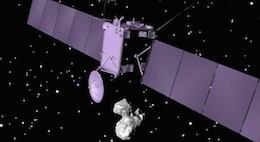
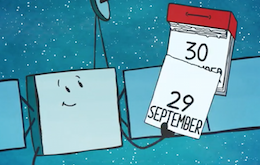
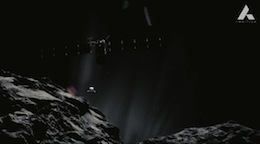
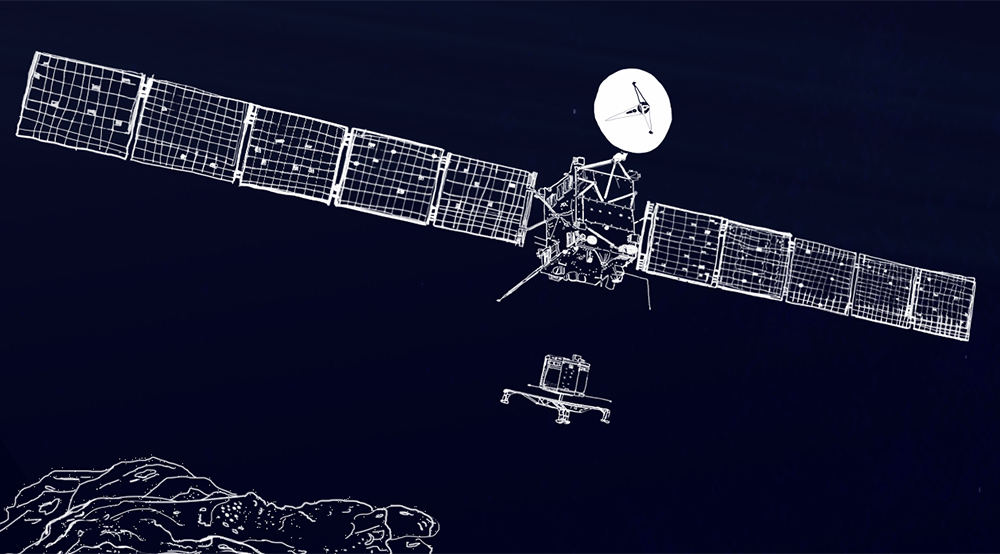
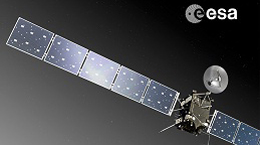
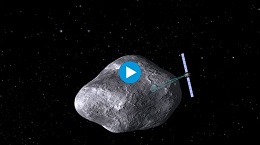
Discussion: no comments